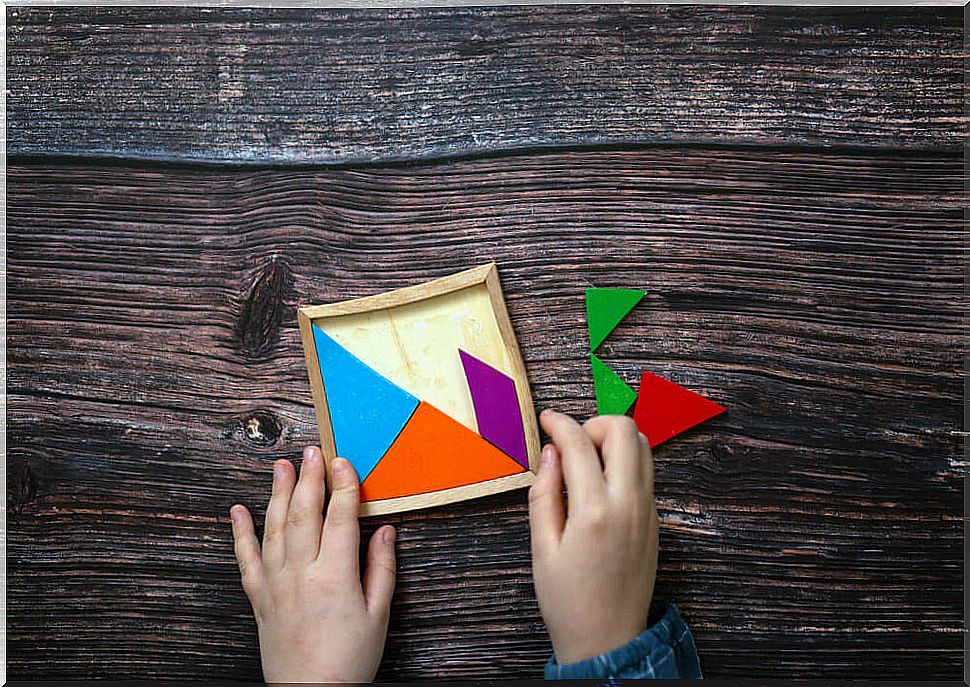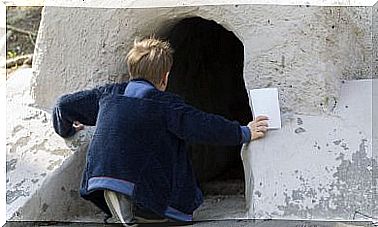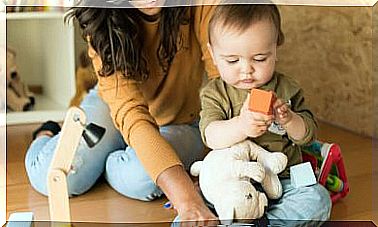The Importance Of Repetition In Children’s Learning
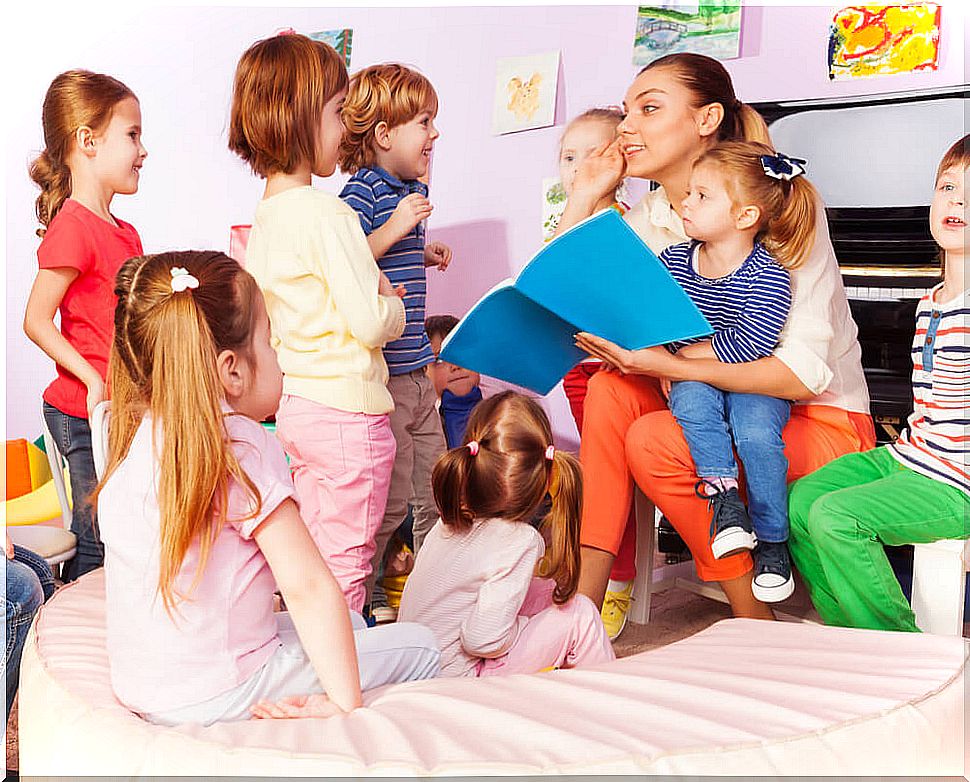
Let’s think about that moment when a child learns to walk. Begin crawling, then perform the action of getting up and finally begin to walk. Repeat and repeat this over and over again before mastering the skill of walking itself. This is a clarifying example of the importance of repetition in children’s learning.
A child must learn fundamental skills before he can gain speed, confidence, and mastery in a particular skill. Through repetition, the ability to do something becomes skill.
What is repetition in child learning?
Repeating does not necessarily have to mean, for example, reading the same story or completing the same activity over and over again in the same way and only this. When we speak of repetition we refer to any form of work that provides the child the opportunity to practice a skill or area of knowledge several times.

Repetition can be found in many ways. It can include, for example, reading the same story dozens of times, learning games that repeat the same skill, and even passively observing a lesson or activity completed by another child. But always looking for a minimal and subtle change to progress.
It can also come from routine or surroundings. Knowing what is going to happen and that things are going to happen in an orderly manner helps children know what to expect and feel at ease. When the environment is predictable, the child feels safe and secure, creating the optimal environment for learning.
The science behind repetition in children’s learning
Early learning requires energy to develop neural connections. The less automatic something is, the more power is needed for these connections. In adults, these neural connections are well developed based on previous experience, repetition, and practice. This allows us to do things like drive a car or solve basic math problems with very little effort.
In children, these neural connections are only beginning to form, so repetition is a necessary component that allows them to strengthen the connections in the brain, those connections that help them learn.
Why is repetition important?
There are many reasons why repetition in Early Childhood Education is important. Let’s remember some of the most important:
- Repetition helps strengthen the brain’s neural processors for learning. Teaches children to practice, master, retain, and reinforce knowledge.
- Repetition is necessary for skill mastery and success.
- Children learn self-discipline and critical reflection through repetition.
- Repetition of movements improves coordination in children.
- Children, with repetition, learn to differentiate variations and differences in the world around them.
- Through repetition , the confidence necessary to progress is developed.
- Repeating concepts are internalized.
Not very strong, yes enough
For repetition to be valuable, the activity, interest, or object that children want to do repetition with must have the appropriate level of complexity. It should be complicated enough to allow progression to deeper and deeper levels of understanding, but not too much.
For this reason, children’s books and songs are perfect. They are something that children can go from experimenting to understanding, with them they can ask questions and begin to predict future events. There is a world of learning in one thing.
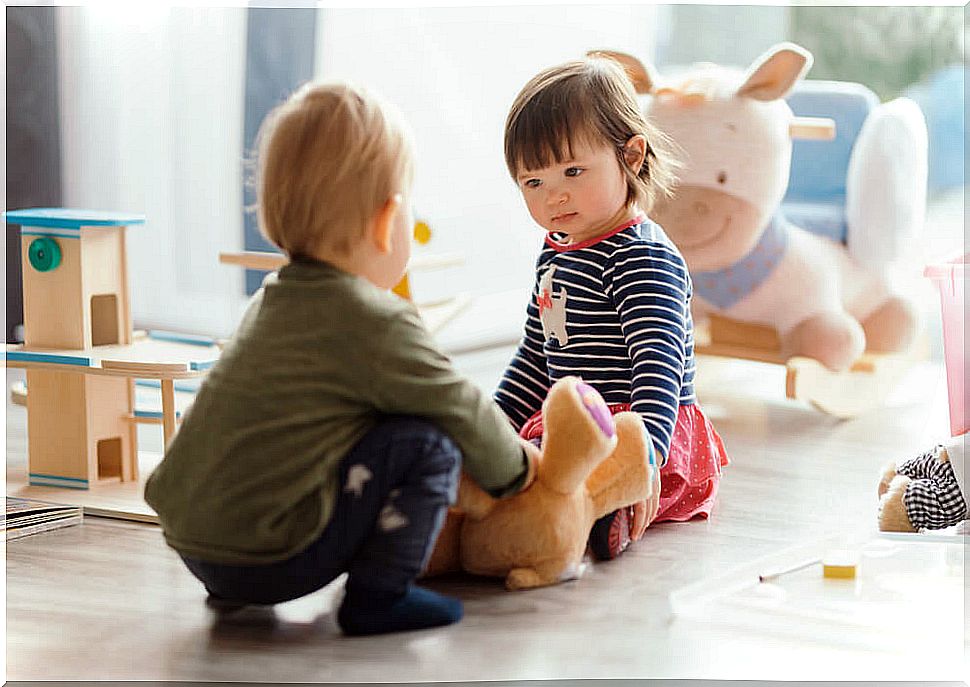
But be careful, at the same time, we must not use something so complex that it puzzles them. This place where we must be is called the Near or Proximal Development Zone.
Ultimately, there is a reason that children, in their first years of life, love repetition. For them it is more than doing the same thing two or more times. What may seem like a simple and repetitive activity to us is a world of new learning for young children. Noticing that something is familiar makes them feel safe as they face a whole new world each day.
